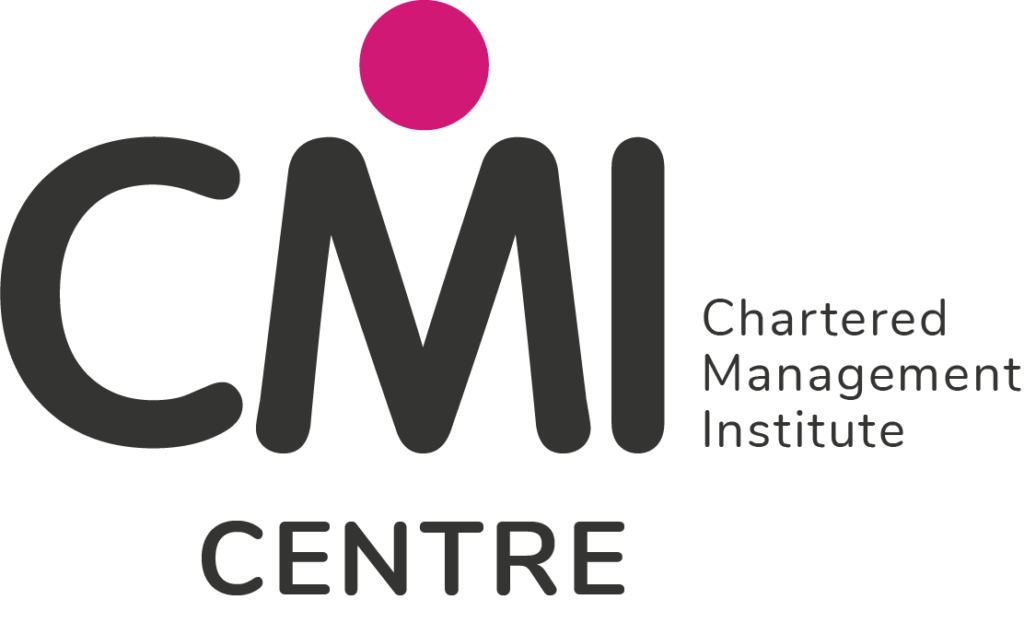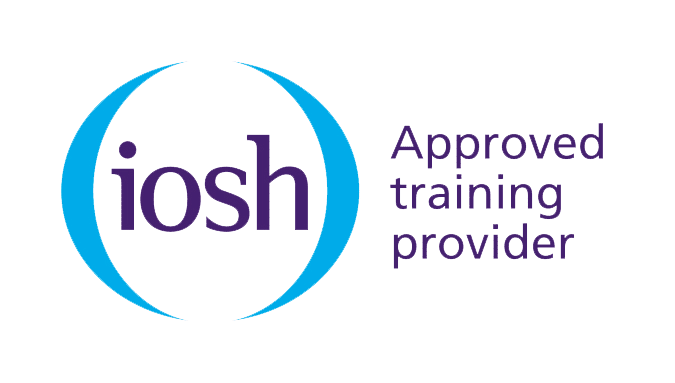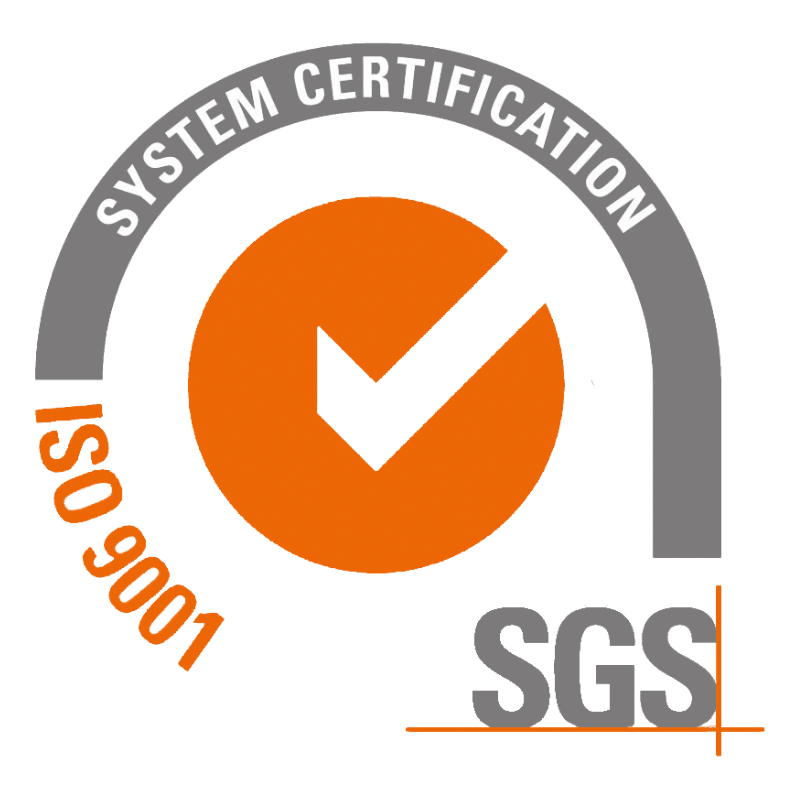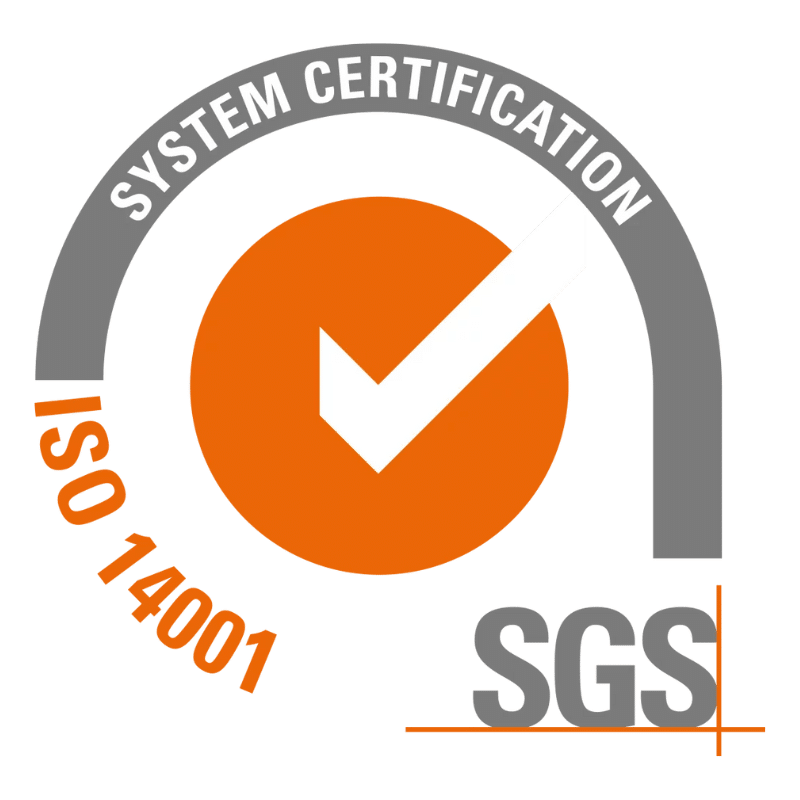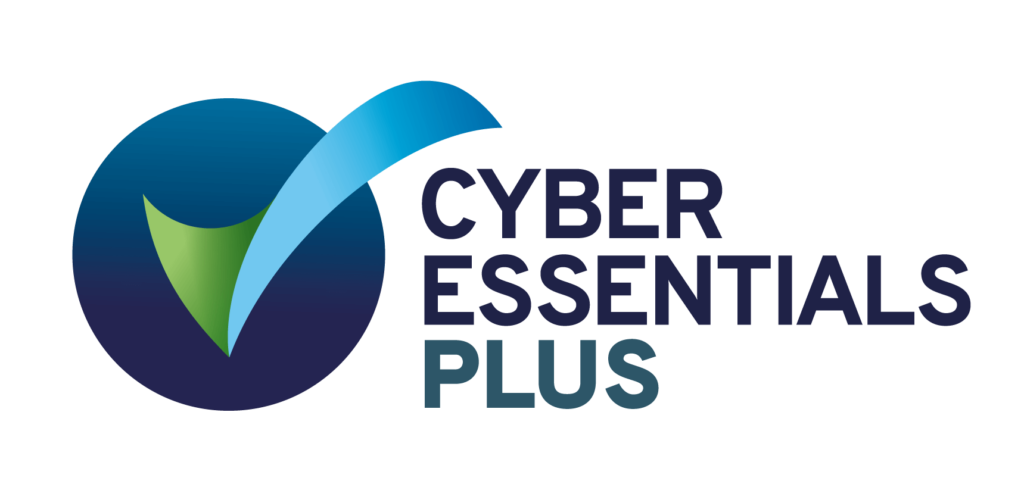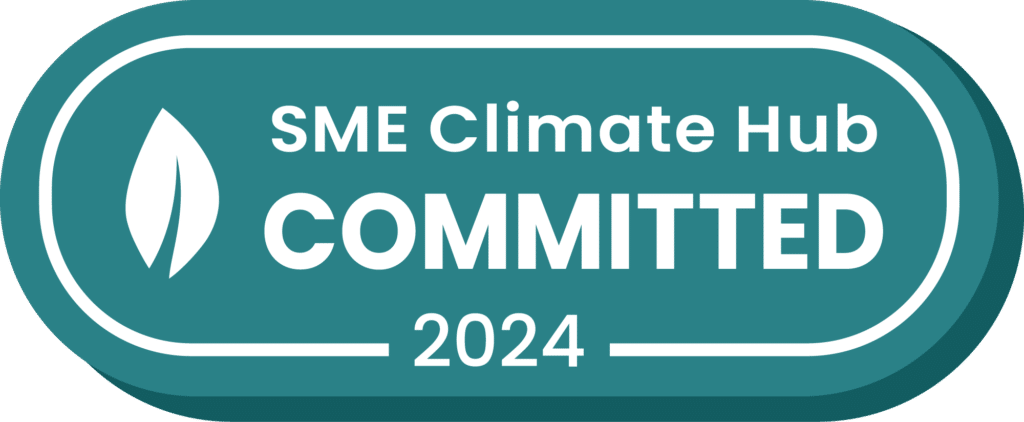The new management standards continue to be amongst the most popular apprenticeships in the post-Levy era, with hundreds of companies around the country already benefiting from this strategic investment in the development of critically needed management skills for selected employees.
With spaces available on multiple ‘Open’ programmes around the country and increasing levels of interest in our ‘Closed’, in-house programmes, we wanted to help unblock what it is that we believe may be holding many organisations back from taking this opportunity for a performance enhancement and talent management.
A large number of organisations that we’ve helped needed clarity and reassurance on delivery of the 20% off-the-job requirement.

We have clear, effective and efficient methods and supporting employers and management apprentices to best comply with the requirement and afford valuable employees to undertake the 20% ‘off-the-job’ training requirement.
Eliesha’s approach to ensuring that the ‘off-the-job’ training delivers value right from the outset has been to look at how learning can be applied ‘on-the-job’; positively impacting the organisation and ensuring that learning is being transferred to the workplace, for both apprentice and business benefits.

Whilst functional skills, progress reviews, on-programme assessments and training taking place outside of working hours cannot contribute towards the 20%, there are a great many learning methods and activities that can be transferred to the workplace and used ‘on the job’ to ensure that the programme of learning:
a) directly meets the requirements of the Standards
b) delivers real value and benefits to the apprentice and the organisation
OK, so how is this achieved?
Our programmes have two strategic components:
1) We have reviewed the learning outcomes of each competency/behaviour that makes up the IfA (Institute for Apprenticeships) ‘Standard’, and aligned these to a range of workplace activities. Exploring how each competency can be measured helps us to produce clear and structured briefs for employers and apprentices around the learning activities (and workplace learning application) that make up the 20%.
2) We actively engage and work with line managers. In addition to their performance management role, they are key to supporting the development of their apprentices and in ensuring there are opportunities for applying learning and assessing the business benefit and workplace impact. The induction and briefs we provide help the line manager, the apprentice and the organisation to transfer learning and document the developmental progress of learning, as well as evidencing its application.

This is about intelligent design of the 20% requirement from the start, and beginning with the end in mind. We ensure that in our collaborative approach to planning, the Apprentice not only has a clear context for the competencies and behaviours they will be developing, but able to articulate what success looks like – and deliver it.
To find out more around how we approach the 20% to ensure ALL activities achieve a positive impact on the business, contact us now to arrange an informal discussion around your requirement and questions.
